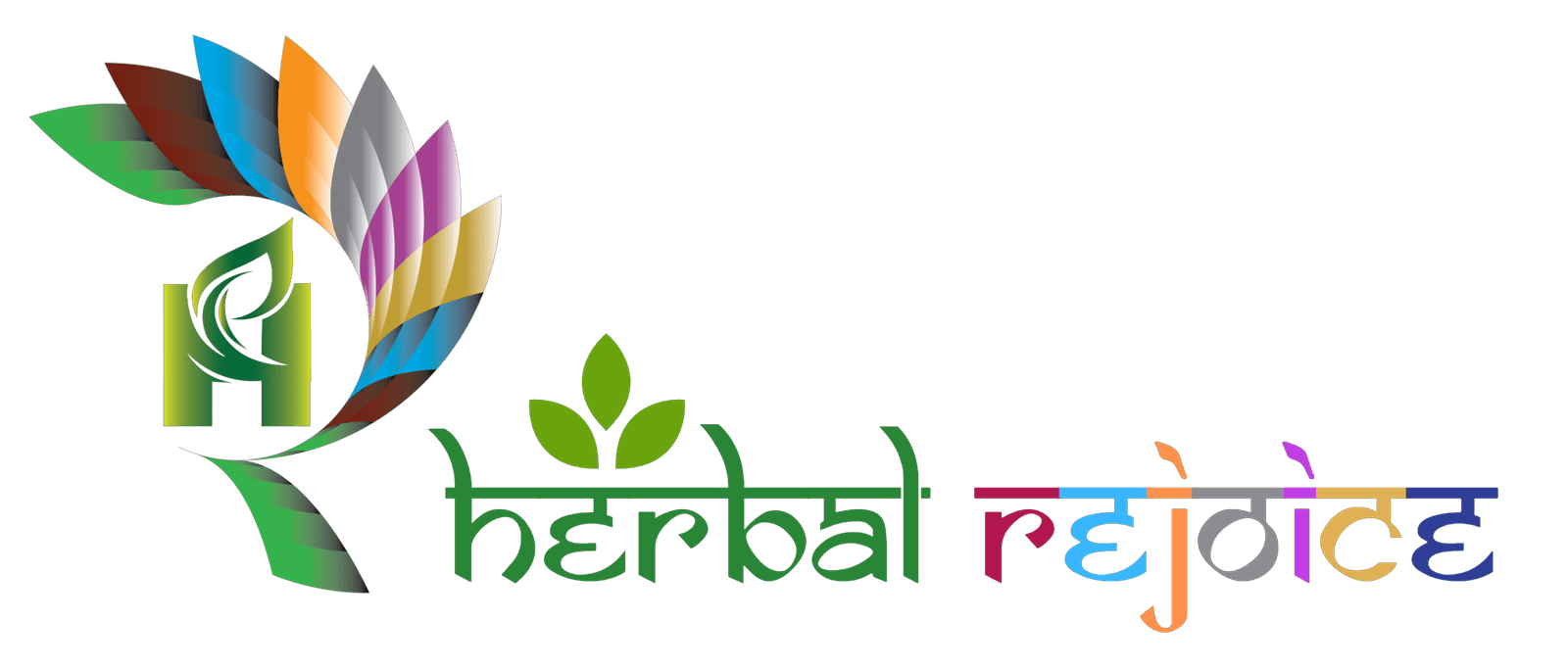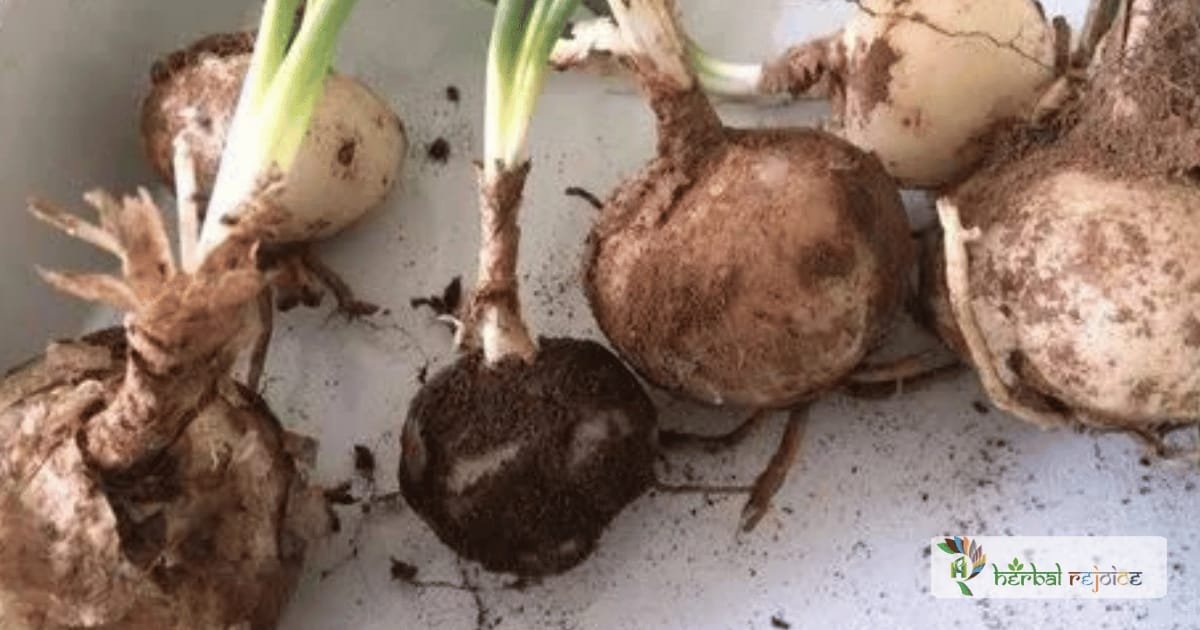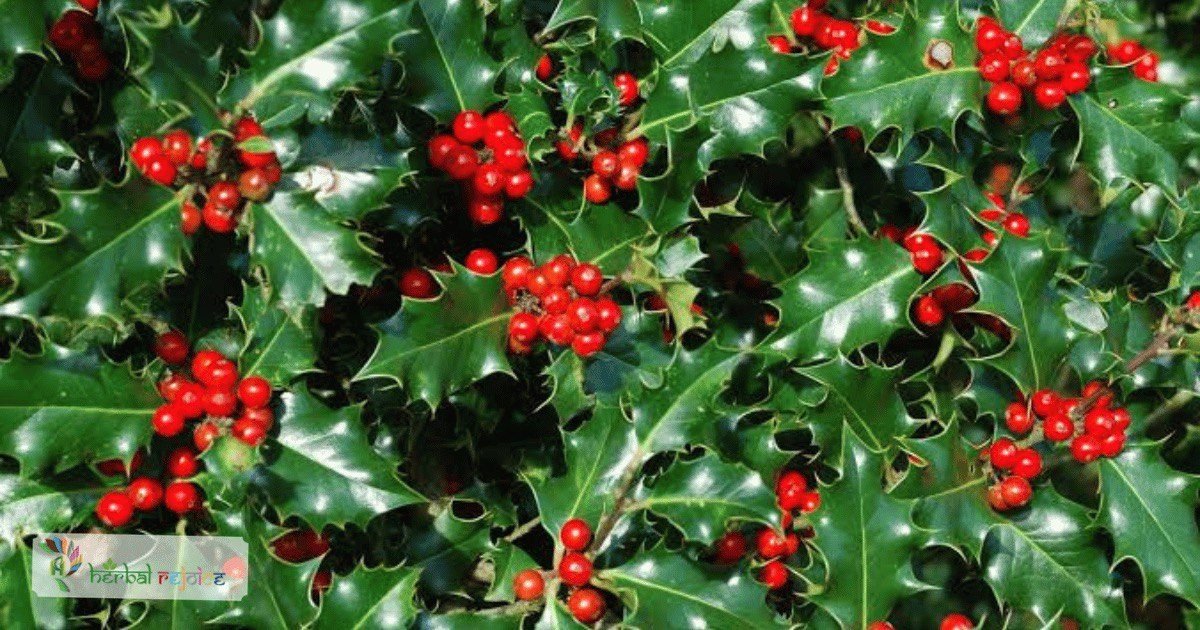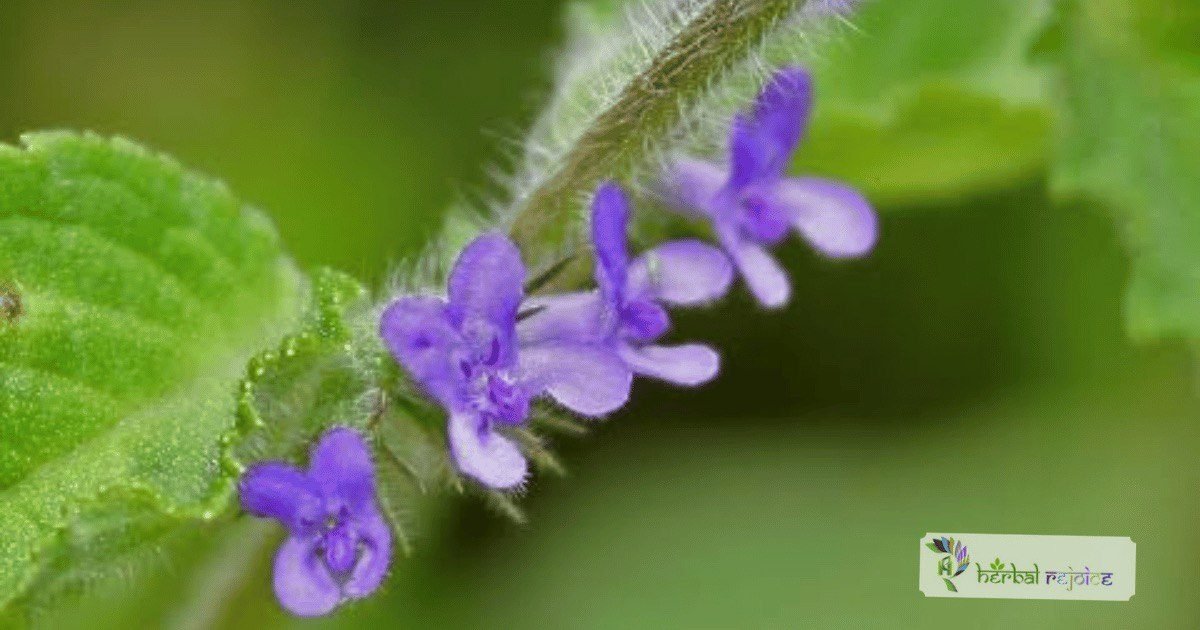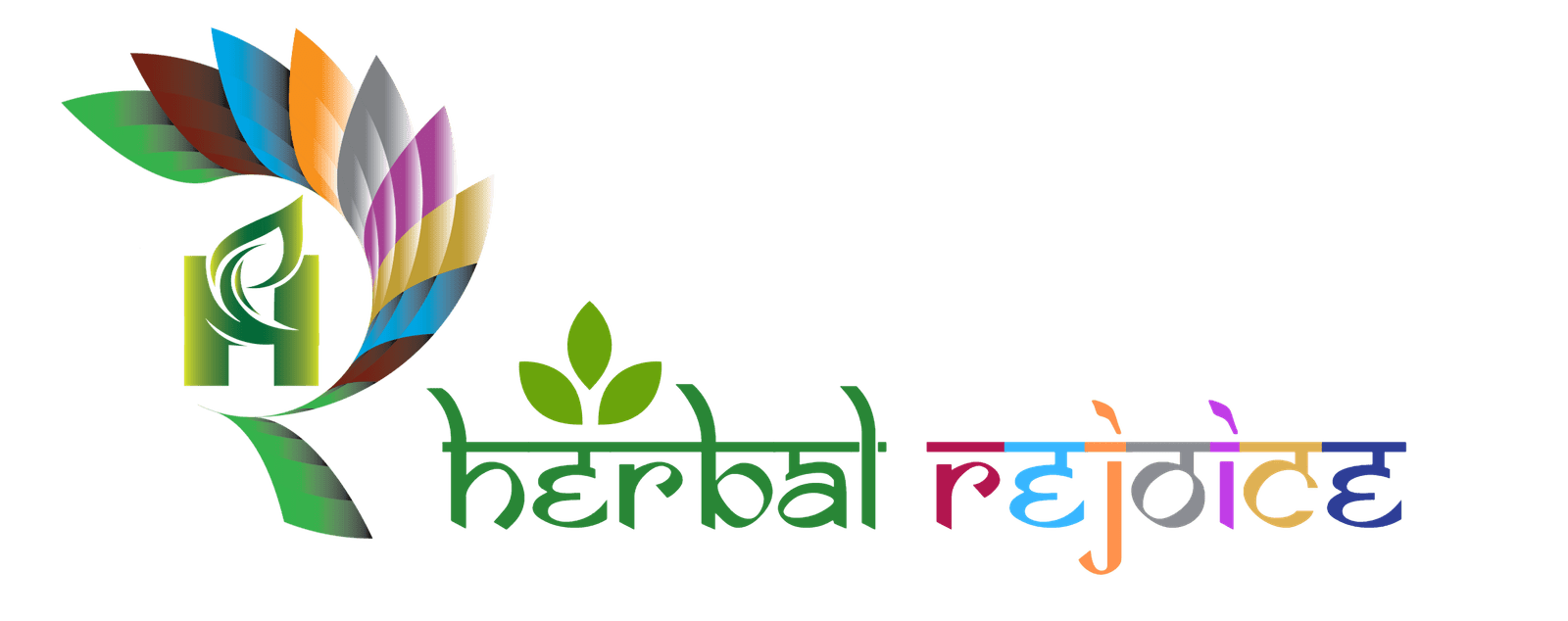Introduction
Urginea indica (Roxb.) Kunth, also known as Indian Squill or Sea Onion, is a plant species belonging to the family Liliaceae. It is native to the Western Himalayas, Bihar, Konkan, and along the Coromandel Coast.
Sea Onion has expectorant properties, making it useful in dry respiratory conditions, whooping cough, and bronchial asthma and is also used as a hair tonic.
However, it is important to note that Urginea maritima (L.) Baker is another species native to the Mediterranean region.
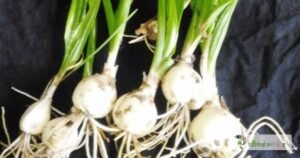
Names and Habitat
In Ayurvedic medicine, Urginea indica is known as Vana-palaandu, Kolakanda, and Vajrakanda.
In Unani medicine, it is referred to as Unsul-e-Hindi, Isqueele-Hindi, Piyaaz-Dasti, Piyaaz Sahraayi, and Jangali Piyaaz.
In Siddha medicine, it is called Narivengayam.
Traditional Uses Of Sea Onion
Sea Onion is commonly used as a substitute for European Squill, Urginea maritima. It has expectorant properties, making it useful in dry respiratory conditions, whooping cough, and bronchial asthma. It also acts as an antispasmodic and can be an emetic in large doses.
Additionally, it has diuretic properties, promoting fluid elimination in heart disease. Urginea indica is considered to be a cardiac tonic, although its effects are non-cumulative.
Topically, it can be used as a hair tonic for dandruff and seborrhoea, with the active constituent believed to be scilliroside from the Red Squill.
Potential Health Benefits Of Sea Onion
Urginea maritima (White Squill) can be used in milder cases of heart insufficiency and for diminished kidney capacity.
However, it is contraindicated in cases of potassium deficiency or when digitalis glycosides are being used. It should also be avoided in individuals with hypercalcaemia and hyperkalaemia.
Chemical Constituents of Sea Onion
The bulbs of Sea Onion contain cardiac glycosides, specifically U scillarens A and B. They also contain stigmasterol, sitosterol, and campesterol. Hentriacontanol and octacosanoic acid are present in the bulbs as well.
Defatted air-dried bulbs of Sea Onion have been found to contain 6-desacetoxyscillirosidin. It is worth noting that the plant exhibits cyanogenetic activity.
Substituite Of Sea Onion
Urginea coromandeliana Hook. f., also known as U. wightiana Hook. f., is a plant species found in the Coromandel coast and dry regions of Andhra Pradesh and Tamil Nadu. It can be used as a substitute for Indian Squill (U. indica).
Dosage
The recommended dosage of Sea Onion bulb is 120–200mg of powder.
Conclusion
In conclusion, Urginea indica, commonly known as Indian Squill or Sea Onion, is a plant with various medicinal properties. It is often used as a substitute for its European counterpart, Urginea maritima. However, caution should be exercised when using Sea Onion, particularly in cases of potassium deficiency or when taking digitalis glycosides.
Frequently Asked Questions(FAQs)
What is Sea Onion?
Sea Onion is a plant species belonging to the family Liliaceae, native to the Western Himalayas, Bihar, Konkan, and along the Coromandel Coast.
Are there any other species of Sea Onion?
Yes, Urginea maritima is another species native to the Mediterranean region.
What are the names of Sea Onion in Ayurvedic medicine?
In Ayurvedic medicine, Sea Onion is known as Vana-palaandu, Kolakanda, and Vajrakanda.
What are the names of Sea Onion in Unani medicine?
In Unani medicine, Sea Onion is referred to as Unsul-e-Hindi, Isqueele-Hindi, Piyaaz-Dasti, Piyaaz Sahraayi, and Jangali Piyaaz.
What is Sea Onion called in Siddha medicine?
In Siddha medicine, it is called Narivengayam.
6. What are the uses of Sea Onion?
Sea Onion has expectorant properties, making it useful in dry respiratory conditions, whooping cough, and bronchial asthma. It also acts as an antispasmodic and can be an emetic in large doses. Additionally, it has diuretic properties, promoting fluid elimination in heart disease.
What is the active constituent in Sea Onion for hair tonic?
The active constituent in Sea Onion believed to be scilliroside from the Red Squill.
What conditions can Sea Onion be used for?
According to the German Commission E, Urginea maritima can be used in milder cases of heart insufficiency and for diminished kidney capacity.
What substances are present in the bulbs of Sea Onion?
The bulbs of Sea Onion contain cardiac glycosides, specifically U scillarens A and B. They also contain stigmasterol, sitosterol, and campesterol. Hentriacontanol and octacosanoic acid are present in the bulbs as well.
what is found in defatted air-dried bulbs of Sea Onion?
Defatted air-dried bulbs of Sea Onion have been found to contain 6-desacetoxyscillirosidin.
What activity does the plant exhibit?
The plant exhibits cyanogenetic activity.
Is Urginea coromandeliana a substitute for Sea Onion?
Yes, Urginea coromandeliana (U. wightiana) is a plant species found in the Coromandel coast and dry regions of Andhra Pradesh and Tamil Nadu and can be used as a substitute for Indian Squill (U. indica).
What is the recommended dosage of Sea Onion bulb?
The recommended dosage of Sea Onion bulb is 120–200mg of powder.
Can Sea Onion be used as a cardiac tonic?
Yes, Sea Onion is considered to be a cardiac tonic.
Are there any cautions to consider when using Sea Onion?
Caution should be exercised when using Sea Onion, particularly in cases of potassium deficiency or when taking digitalis glycosides.
Can Sea Onion be used for dandruff and seborrhoea?
Yes, topically, Sea Onion can be used as a hair tonic for dandruff and seborrhoea.
Is the effect of Sea Onion cumulative?
No, the effects of Sea Onion are non-cumulative.
What are the alternative names for Sea Onion?
Sea Onion is also known as Indian Squill or Sea Onion.
Is Sea Onion used in traditional medicine?
Yes, Sea Onion is used in Ayurvedic, Unani, and Siddha medicine.
